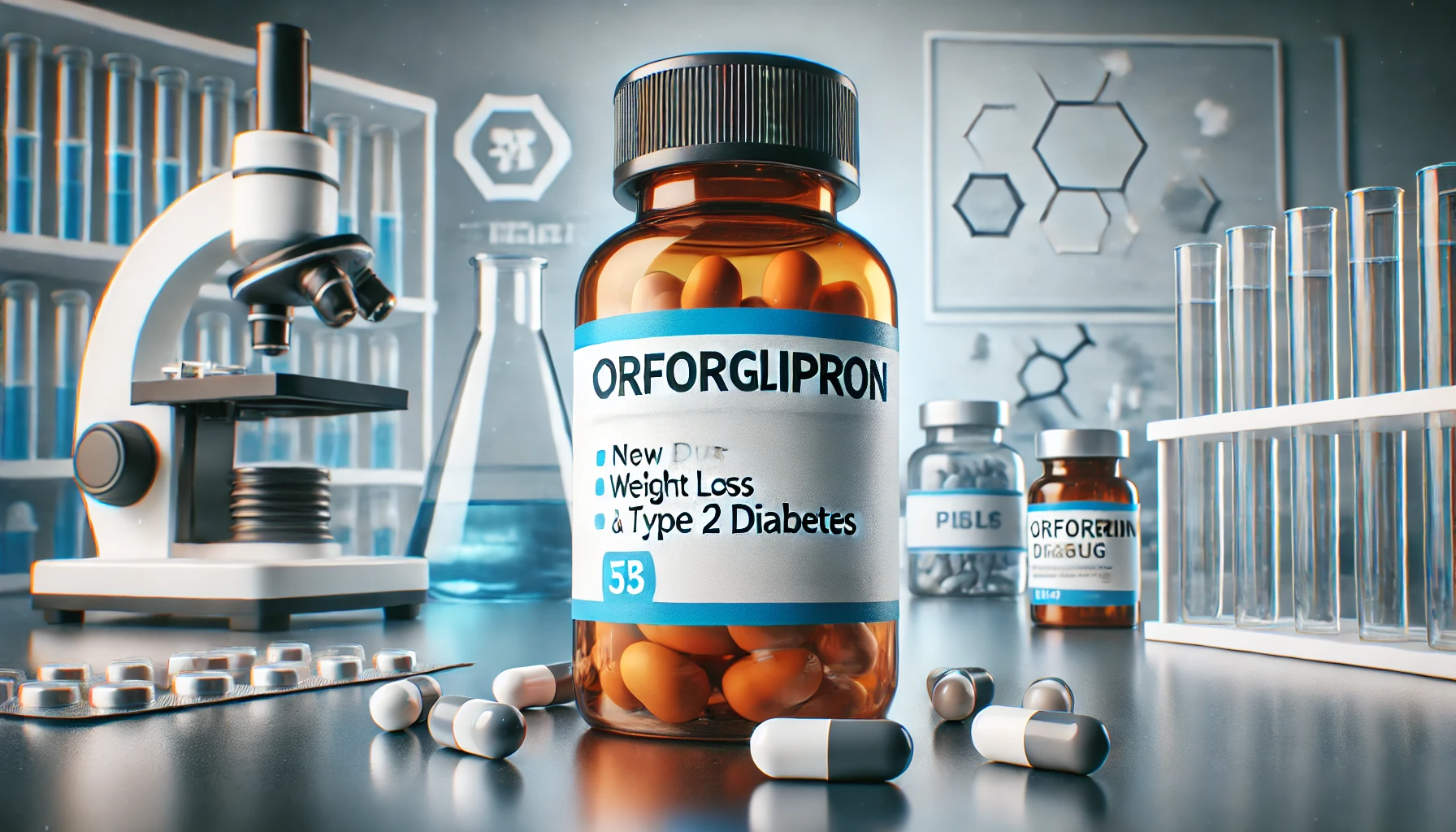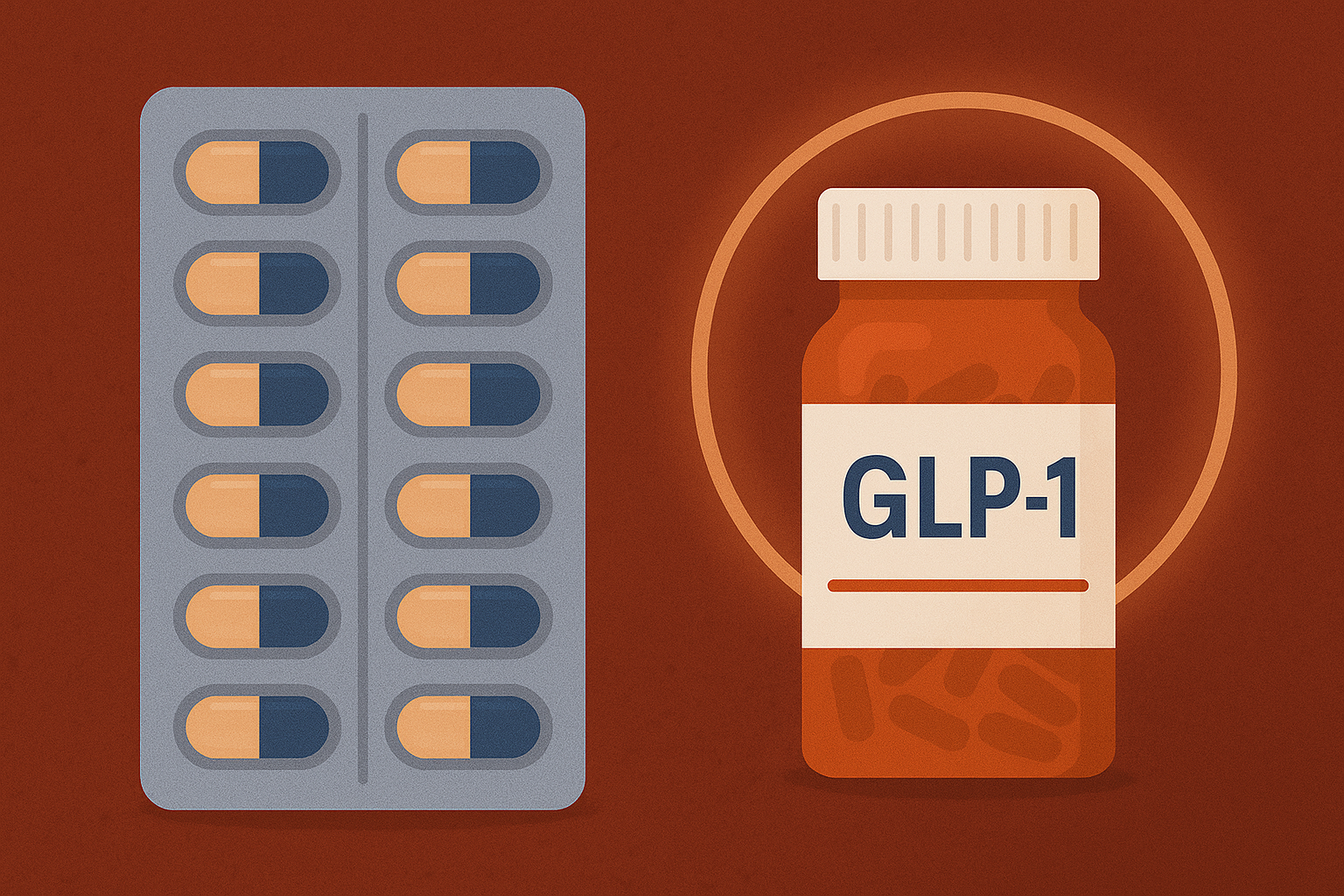- Drug Class & Mechanism
- Orforglipron is an oral GLP-1 receptor agonist designed to mimic the glucagon-like peptide-1 hormone, which regulates appetite, slows gastric emptying, and improves blood sugar control.
- Unlike injectable GLP-1s (e.g., Ozempic, Zepbound), it is a small-molecule pill, making it easier to manufacture and absorb without dietary restrictions.
- Efficacy
- In Phase 2 trials, patients with obesity lost ~14.7% of body weight on average over 36 weeks, rivaling injectables like Wegovy.
- Phase 3 trials (ongoing) aim to confirm long-term efficacy and safety for obesity and Type 2 diabetes, with results expected mid-2025.
- Advantages Over Competitors
- Needle-free: Appeals to patients with needle phobia 110.
- No fasting requirements: Unlike Novo Nordisk’s oral GLP-1 Rybelsus, which requires overnight fasting.
- Scalability: Easier to produce than injectables, potentially alleviating supply shortages.
FDA Approval Status (Latest Updates)
- Not yet approved: As of April 2025, orforglipron is still in Phase 3 trials.
- Expected Timeline:
- Eli Lilly plans to submit trial data to the FDA by late 2025, with potential approval as early as early 2026.
- The company has already stockpiled $548 million worth of inventory in anticipation of launch .
Recent Developments
- Trial Progress: Initial Phase 3 results for obesity and diabetes trials are expected April–June 2025 811.
- Market Potential: Analysts project oral GLP-1s could capture $50 billion of the obesity drug market by the 2030s 5.
- Competition: Orforglipron could be the first oral small-molecule GLP-1, outpacing rivals like Pfizer and AstraZeneca by ~3 years .
Challenges & Considerations
- Pricing: Likely to be costly (similar to Zepbound’s ~$1,000/month), though possibly at a slight discount .
- Insurance Coverage: Uncertain if payers will expand coverage for obesity treatments 5.
- Side Effects: Expected to mirror other GLP-1s (nausea, diarrhea), but Phase 3 data will clarify tolerability.
Reference: Link
Sharing is Caring


